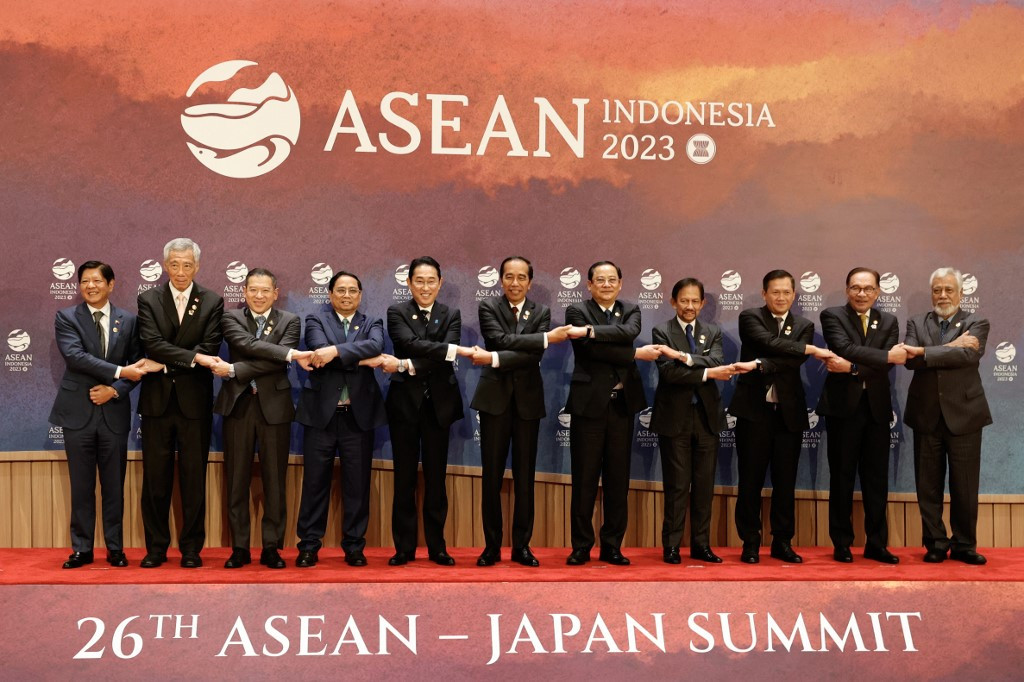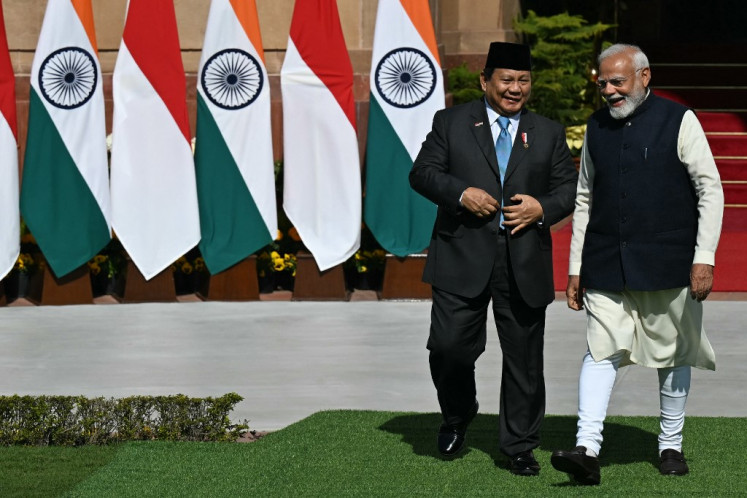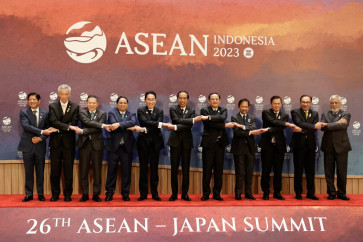Popular Reads
Top Results
Can't find what you're looking for?
View all search resultsPopular Reads
Top Results
Can't find what you're looking for?
View all search resultsIndonesia, the Global South and the need for economic development
The main strategic interest of the Global South, i.e. economic development and the right to development, should not be defined by great power politics, including the rivalry between the United States and China.
Change text size
Gift Premium Articles
to Anyone
T
he term "Global South" is difficult to define, as it encompasses a diverse range of countries, each with its own unique foreign policy objectives as well as domestic and external challenges.
One common feature across Global South nations is, however, the presence of economic disparities and underdevelopment, which have had a profound influence on such states’ foreign policy decision-making processes. Therefore, I would argue, that "development" has been, and must be understood as, the main foreign policy objective across the Global South.
One persistent objective in the foreign policies of the Global South is that these nations seek to secure their rights for development. This is evidenced by the increasing emphasis on South-South cooperation and the formation of regional blocs and organizations aimed at promoting collective development interests and amplifying the voices of the Global South in global decision-making processes that particularly relate to development issues.
The foreign relations and domestic economic development of the Global South are often affected by its regional environment. Many nations in the Global South have historically formed regional organizations to address common challenges and advance mutual interests.
ASEAN is a prime example. Born out of regional conflicts, ASEAN has thus far been able to create a region that is politically stable, maintains relative strategic autonomy from external powers and has allowed member states to grow economically. The Southeast Asian region has been an example of a region with consistent robust economic growth over the past three decades or so.
According to the United Nations Conference on Trade and Development (UNCTAD), the share of global trade among developing countries in the Global South has steadily increased. In 2020, it was estimated that around 55 percent of the total trade of the Global South was conducted within the region, highlighting the growing significance of South-South cooperation in international trade.
In navigating the new world order, the Global South naturally brings a unique perspective that prioritizes inclusive development, shared prosperity and multilateral cooperation (Jordaan, 2001). Through their leadership roles and active participation in international forums, countries like Indonesia, Brazil, South Africa and Turkey have consistently pushed for inclusive development and shared prosperity.



















